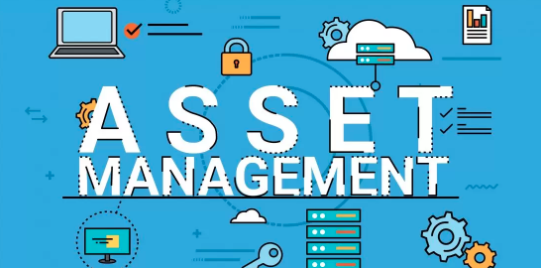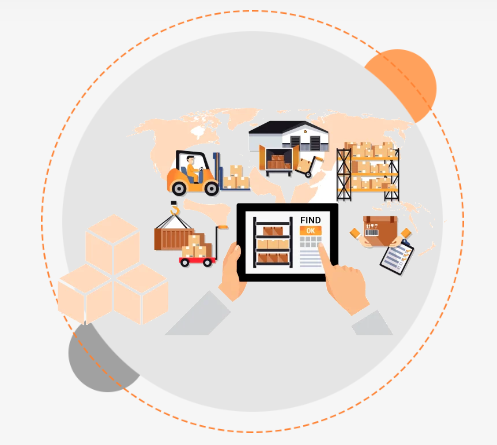
Why Compensation Management Software is Essential in 2025
Compensation is one of the most significant costs for any organization, yet managing it effectively can be a daunting task. Companies need to remain competitive while also ensuring fairness and compliance with local regulations. Top compensation management software simplifies this complexity by automating and optimizing key processes, including:
- Salary benchmarking: Ensure that your company offers competitive pay compared to industry standards.
- Budget management: Control compensation spending while ensuring equity across teams.
- Incentive and bonus management: Set up performance-driven rewards and align incentives with business goals.
- Compliance tracking: Stay up-to-date with legal requirements and compensation-related regulations.
- Data analytics: Leverage insights to make informed compensation decisions.
As businesses navigate economic fluctuations, talent shortages, and increasing demands for pay transparency, top compensation management software provides the tools to meet these challenges head-on.
Key Features to Look for in Compensation Management Software
When evaluating top compensation management software for 2025, there are several critical features to consider to ensure that the platform meets your business needs:
1. Automated Salary Planning
- Modern software enables HR teams to automate salary reviews, ensuring that pay increases are aligned with performance reviews, market conditions, and budgetary constraints.
2. Customizable Compensation Structures
- The best solutions allow businesses to tailor compensation packages based on factors like job roles, seniority, geography, and industry benchmarks.
3. Integration with Other HR Systems
- Integration with performance management, payroll, and recruiting tools is essential to maintain data consistency and improve workflow efficiency.
4. Advanced Reporting and Analytics
- Access to real-time data helps HR teams monitor trends, assess pay equity, and adjust compensation strategies accordingly.
5. Global Compliance and Local Adaptation
- Many businesses operate across multiple countries and need software that can adapt to local pay regulations while remaining compliant with global standards.
6. User-Friendly Interface
- The software should have an intuitive interface that HR professionals can use without requiring extensive training, improving efficiency and adoption rates.
Best Compensation Management Software in 2025
There are many compensation management tools on the market, each offering unique features to suit different organizational needs. Here are some of the top compensation management software solutions that stand out in 2025:
1. PayScale
- Overview: PayScale is a well-known platform offering comprehensive compensation management tools. With its market insights and salary data, it helps businesses build competitive pay structures.
- Best For: Organizations looking for robust salary benchmarking and compensation analytics.
- Key Features: Salary benchmarking, compensation planning, reporting tools, and equity management.
- Pricing: Custom pricing based on company size.
- Pros: Extensive salary database, strong analytics, and easy-to-use interface.
- Cons: Higher pricing for smaller companies.
2. Ceridian Dayforce
- Overview: Ceridian Dayforce is a unified human capital management platform that includes powerful compensation management tools. It enables organizations to streamline compensation planning and integrate it with broader HR functions.
- Best For: Medium to large enterprises needing a comprehensive HR suite.
- Key Features: Salary and incentive management, performance tracking, payroll integration, and compliance tracking.
- Pricing: Custom pricing based on business needs.
- Pros: All-in-one solution, excellent integration with payroll and HR systems.
- Cons: Can be complex for smaller businesses to implement.
3. Compensation XL
- Overview: Compensation XL is an easy-to-use tool that focuses on automating compensation processes. It provides businesses with the ability to manage base pay, bonuses, and equity in one platform.
- Best For: Small to medium-sized businesses looking for an affordable, straightforward solution.
- Key Features: Compensation planning, bonus and incentive management, reporting, and forecasting.
- Pricing: Starts at $5/user/month.
- Pros: Affordable, user-friendly, and scalable.
- Cons: Limited features for larger businesses.
4. SAP SuccessFactors Compensation
- Overview: SAP SuccessFactors is a robust HR platform that includes advanced compensation management capabilities. It helps businesses manage compensation in a strategic, data-driven way.
- Best For: Large enterprises with complex compensation needs.
- Key Features: Salary planning, bonus management, global pay equity, and analytics.
- Pricing: Custom pricing based on business size.
- Pros: Deep integration with other SAP modules, strong data analytics, and global pay management.
- Cons: Expensive and requires substantial training.
5. Workday Compensation Management
- Overview: Workday offers a comprehensive solution for managing compensation across all employee levels. The platform integrates seamlessly with HR, finance, and performance management systems to drive data-driven compensation decisions.
- Best For: Large organizations or those with complex compensation structures.
- Key Features: Compensation planning, real-time data analytics, pay equity analysis, and integration with HR systems.
- Pricing: Custom pricing based on business needs.
- Pros: Highly customizable, strong analytics, and excellent scalability.
- Cons: Requires a significant investment and long implementation time.
Comparing the Best Compensation Management Software in 2025
Here's a quick comparison chart of some of the top compensation management software for 2025:
| Software | Key Features | Pricing | Best For |
|---|---|---|---|
| PayScale | Salary benchmarking, compensation planning, reporting tools | Custom pricing | Organizations needing salary insights and analytics |
| Ceridian Dayforce | Compensation planning, payroll integration, compliance | Custom pricing | Medium to large enterprises with HR integration needs |
| Compensation XL | Compensation planning, bonus management, forecasting | From $5/user/month | Small to medium-sized businesses looking for simplicity |
| SAP SuccessFactors | Salary planning, global pay equity, analytics | Custom pricing | Large enterprises with complex compensation needs |
| Workday Compensation | Real-time data analytics, pay equity analysis, HR integration | Custom pricing | Large organizations with complex compensation structures |
Conclusion
In 2025, top compensation management software is essential for businesses looking to optimize their compensation strategies, ensuring pay equity, compliance, and the ability to attract and retain top talent. Whether you’re a small startup or a large enterprise, there’s a solution tailored to your needs. By investing in the right software, organizations can streamline compensation processes, gain valuable insights, and improve overall HR efficiency. Consider the unique requirements of your business and evaluate the software solutions based on features, scalability, and pricing to make the best decision for your company.






